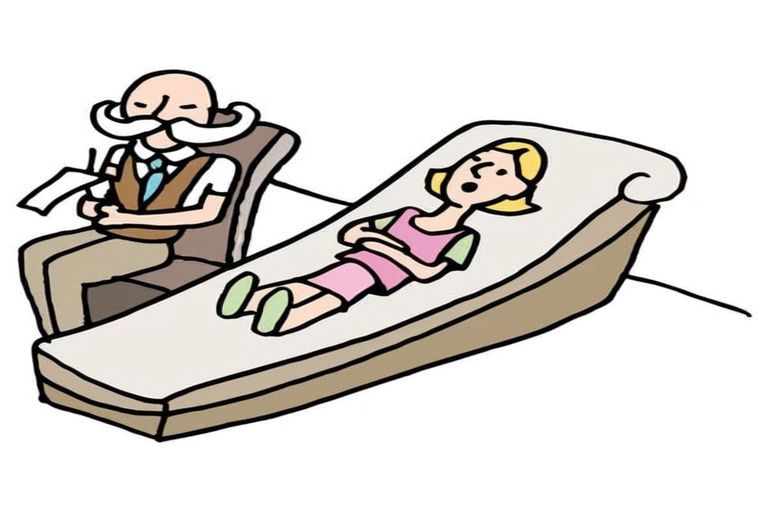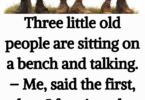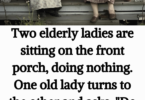
The woman sat across from the psychiatrist, her brow furrowed with frustration and uncertainty. She had come seeking guidance, torn between her own desires and the expectations of her family.
“I don’t want to marry,” she confessed, her voice tinged with defiance. “I am educated, independent, and self-sufficient. I don’t need a husband. But my parents are pressuring me to settle down. What do I do?”
The psychiatrist regarded her with a sympathetic smile, understanding the weight of her dilemma. It was a question that many women grappled with – the clash between tradition and modernity, between familial expectations and personal autonomy.
“You’re not alone in feeling this way,” the psychiatrist reassured her, her voice gentle yet firm. “Many women today find themselves torn between the desire for independence and the pressure to conform to societal norms.”
The woman nodded, grateful for the psychiatrist’s understanding. She had always been fiercely independent, carving out her own path in life and refusing to be defined by traditional gender roles.
“But why do women need a husband?” she asked, her voice filled with genuine curiosity.
The psychiatrist smiled, recognizing the opportunity to challenge societal norms and explore the deeper meaning behind the institution of marriage.
“Women don’t necessarily need a husband,” she explained, her words measured and thoughtful. “But for some, marriage can offer companionship, emotional support, and a sense of partnership in navigating life’s ups and downs.”
She went on to elaborate, highlighting the ways in which marriage could enrich a woman’s life – from shared experiences and mutual growth to the joy of building a family and creating a sense of belonging.
“But marriage should never be seen as a necessity or a measure of a woman’s worth,” the psychiatrist emphasized, her tone firm. “It’s important for women to prioritize their own happiness and well-being above societal expectations.”
The woman listened intently, absorbing the psychiatrist’s words with a sense of clarity and empowerment. She realized that she didn’t need a husband to validate her existence or fulfill her dreams – she was already whole and complete on her own.
Armed with this newfound perspective, the woman left the psychiatrist’s office with a renewed sense of confidence and purpose. She knew that whatever path she chose – whether it involved marriage or not – she would do so on her own terms, guided by her own values and aspirations.
As she stepped out into the world, she felt a weight lift from her shoulders, replaced by a sense of freedom and possibility. She knew that she was capable of creating a life filled with love, fulfillment, and purpose – with or without a husband by her side.








Leave a Comment